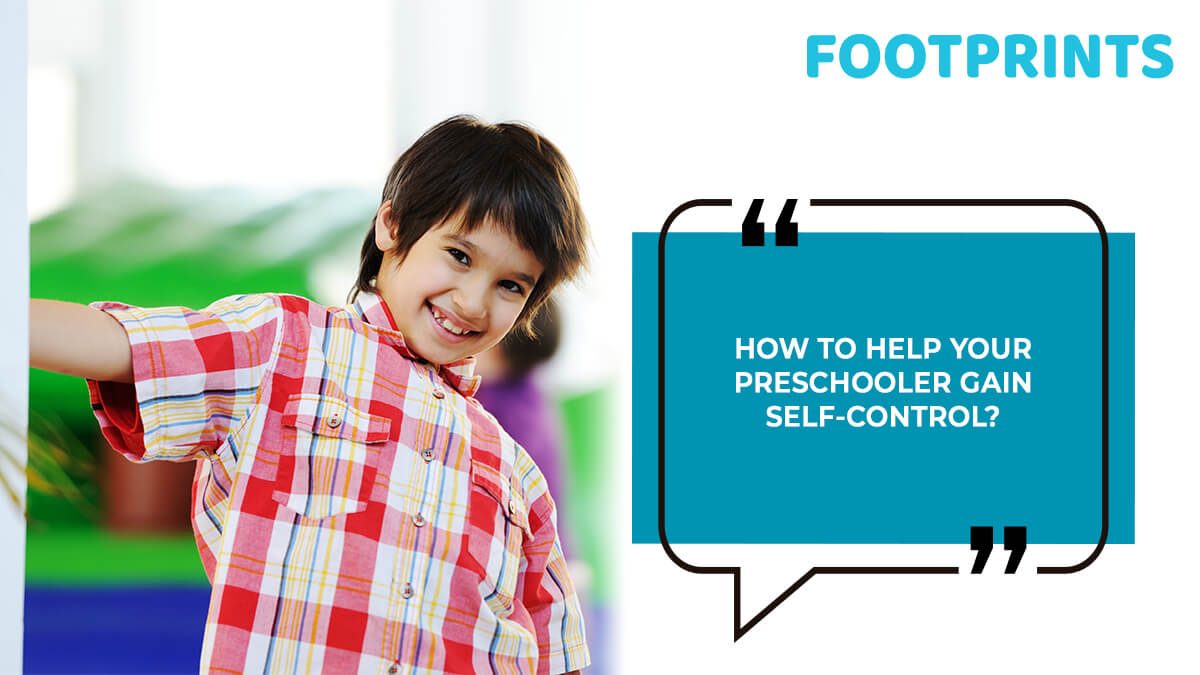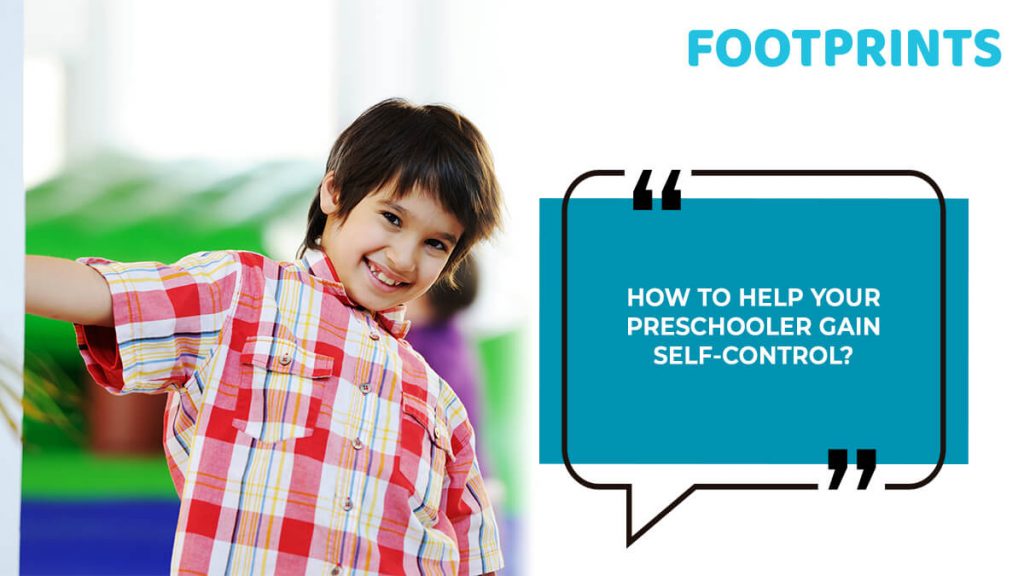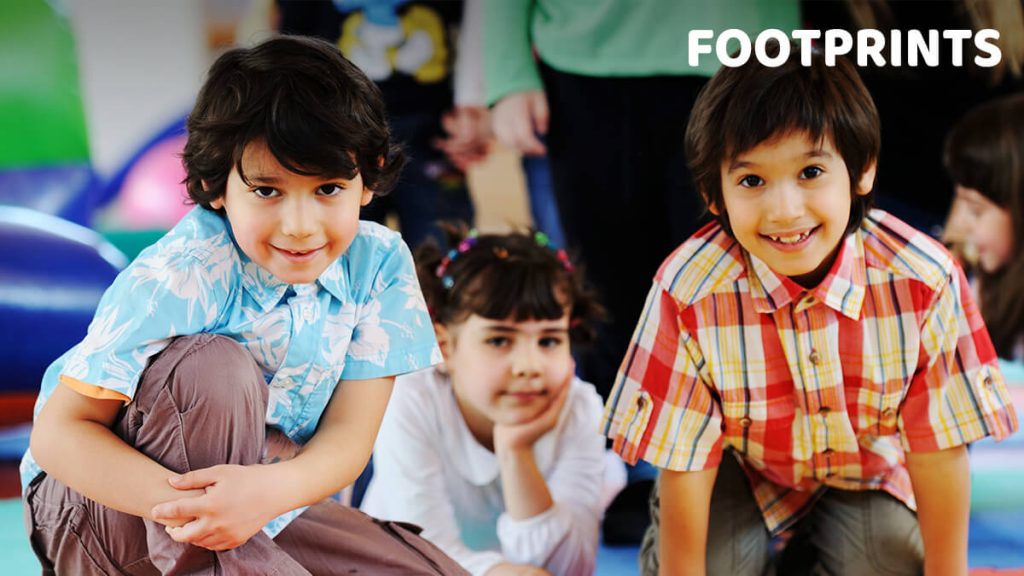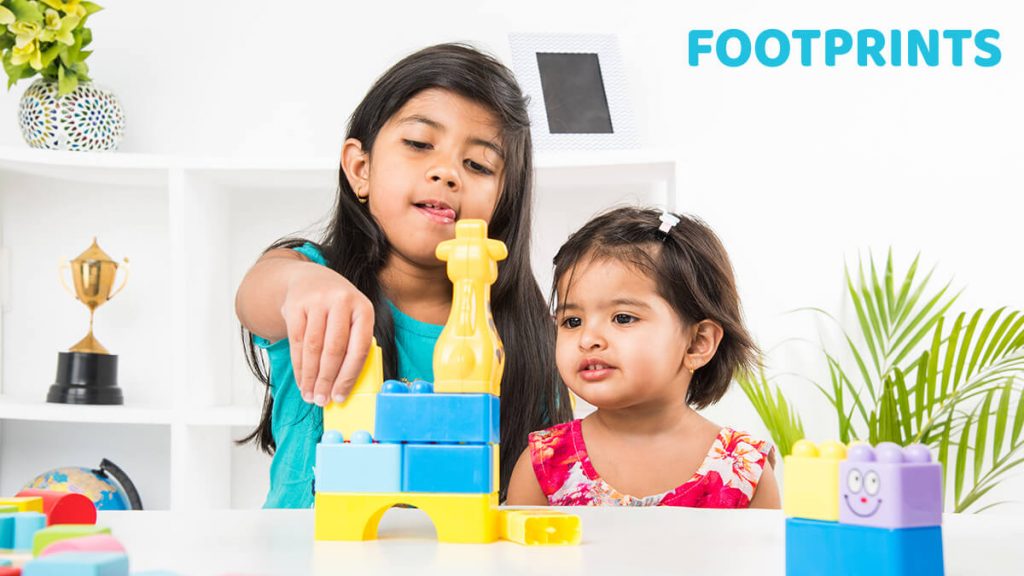

The early years of a child’s life are crucial for their overall development, and one essential skill that parents and caregivers can help cultivate is self-control. Self-control refers to the ability to regulate one’s thoughts, emotions, and behaviors, and it plays a significant role in a child’s social, emotional, and academic success. By teaching preschoolers, the importance of self-control, we can set the stage for lifelong success and equip them with the necessary skills to navigate various challenges they may encounter.
The Importance of Self-Control in Preschoolers
Self-control is not a skill that comes naturally to young children; it is something that needs to be nurtured and developed over time. Preschoolers who struggle with self-control may exhibit impulsive behaviors, have difficulty following rules and instructions, and struggle with managing their emotions. Developing self-control in preschoolers is crucial, as it lays the foundation for their future success. Children who possess self-control are more likely to excel academically, form positive relationships, and make sound decisions later in life.
Understanding Self-Control and Brain Development
To better understand self-control in preschoolers, it is essential to consider the role of brain development. The prefrontal cortex, the region of the brain responsible for executive functions such as self-control, is still developing during the preschool years. This means that preschoolers may have limited abilities to regulate their impulses and emotions. By understanding this developmental aspect, parents and caregivers can adopt strategies to support and enhance self-control in their preschoolers.

Building Consistent Routines and Boundaries
Consistent routines and clearly defined boundaries are crucial for helping preschoolers develop self-control. Establishing regular daily routines provides preschoolers with a sense of structure and predictability, helping them understand expectations and develop self-discipline. Additionally, setting clear boundaries teaches preschoolers about limits and helps them understand the consequences of their actions. Parents and caregivers can promote self-control in their preschoolers by creating a consistent and structured environment.
Encouraging Emotional Awareness in Preschoolers
Emotional awareness is a vital component of self-control. Preschoolers often struggle with identifying and expressing their emotions appropriately, which can lead to impulsive reactions. By teaching preschoolers about different emotions and helping them recognize their own feelings, parents and caregivers can empower them to regulate their emotions effectively. Encouraging preschoolers to communicate their emotions through words and providing them with strategies to manage their feelings can significantly contribute to the development of self-control.

Teaching Patience and Delayed Gratification
Patience and delayed gratification are fundamental aspects of self-control. Preschoolers tend to have a limited understanding of time and may struggle with waiting for things they desire. However, teaching preschoolers to wait and delay gratification is a valuable skill that can improve their self-control. Engaging preschoolers in simple games and activities that require patience, such as puzzles or waiting their turn in a game, can help them develop this essential skill.
Positive Role Modelling for Self-Control
Preschoolers learn by observing and imitating the behavior of the significant adults in their lives. As parents and caregivers, it is crucial to be positive role models for self-control. Demonstrating self-control in our own actions and reactions can have a profound impact on preschoolers. By exhibiting patience, managing our emotions appropriately, and making thoughtful decisions, we can provide preschoolers with valuable examples to emulate. Recognizing and praising their efforts and progress toward self-control further reinforces positive behavior.
By focusing on building a strong foundation for self-control in preschoolers, we can equip them with essential skills that will benefit them throughout their lives. Understanding the importance of self-control, encouraging emotional awareness, teaching patience and delayed gratification, and being positive role models are all crucial steps in helping preschoolers develop self-control. By investing time and effort in nurturing this fundamental skill, we can set preschoolers on a path toward lifelong success.

Purvesh is a multidimensional leader at Footprints Childcare. As a TED speaker and IIT-Delhi alumnus, his passion for education is fueled by his experiences as a certified life coach and parent. He goes beyond traditional parent engagement activities, creating meaningful connections through insightful parenting workshops and open communication channels. Purvesh’s commitment to empowering parents, teachers, and students is the foundation of everything we do at Footprints. What motivates Purvesh? As a parent himself, the challenges his son faces in the educational system are the driving force for him.

